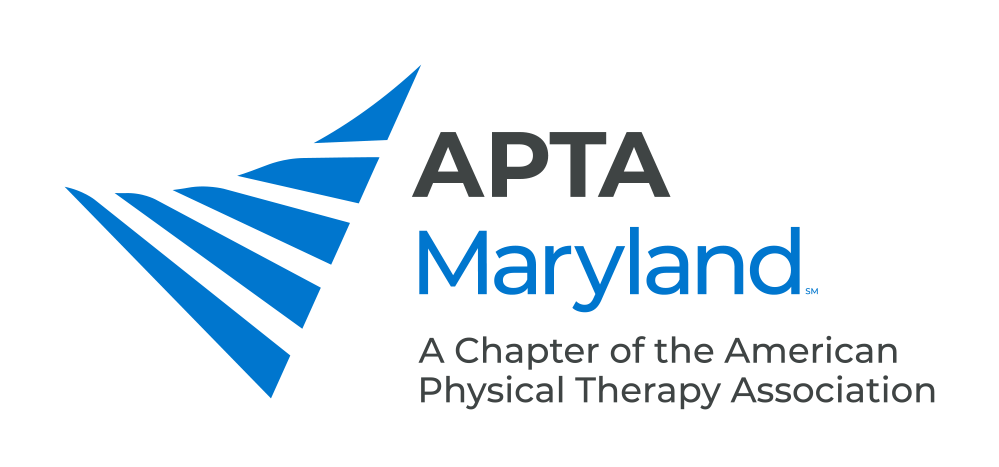Fair Copay Project
Patient and Provider Stories are Powerful
Share Your Story and Help us Get our New Fair Copay Bill Passed - See Below
APTAMD Introduced Legislation in 2022 on Fair Copays. It was sent for Summer Study. APTAMD is seeking data and testimonials to determine future legislation. It is our goal to reintroduce this legislation in 2025 but we need your help.
See the Post Session Update | See What We Want Legislators to Know
Provider Stories
Please send us a video (mp4 file) to share with legislators. Include:
- Your Name
- The county you live in
- Tell us how patients have been impacted by high co pays and how it effected your ability to meet their needs
- Any negative or adverse outcomes resulting from the modifications you had to make to the treatment plan
- Any delayed or sub optimal recovery?
Patient Stories
Please send us a video (mp4 file) to share with legislators. Include:
- Your Name
- The county you live in
- Why you are/were going to PT
- The impact of high copays on your recovery
– Did you go to PT less than what was recommended or not at all, due to the cost?
– How did this impact your overall health/recovery?
Post Impact Stories
Please send us a video (mp4 file) to share with legislators. Include:
- Your Name
- The county you live in
- Why you are/were going to PT?
- What has the experience been since legislation was enacted?
Post 2022 Legislative Session Update on our Bill
During the hearings the insurance representatives attached a fiscal note of 47 million dollars which was later retracted. Due to falsely noted inflated cost, the bill was sent for summer study. The study is to be completed by Dec. 2022. We are working with the Maryland Health Care Commission to review existing literature, and we have made recommendations on what the study should include. The next step is for the the report to be sent to the Senate Finance Committee and House HGO. The study shall include, but is not limited to:
- The impact of eliminating barriers to care and increasing utilization of PT and related rehabilitation services on improving continuity of care; reducing reliance on opioid drugs; reducing hospitalizations, re-admissions, or long term rehabilitation center stays; cost-effectiveness of reduced copay amounts vs cost of delayed or absence of care; improved outcomes associated with increased access to care; long term disability care; economic impact on workforce
What We Want Legislators to Know
- Physical therapy frequently requires multiple visits over an extended period of time, as the practice of physical therapy works in conjunction with the healing process.
- Many consumers are forced to pay nearly $600 per month in out-of-pocket expenses to receive physical therapy services. This is in addition to the cost of health insurance paid by the consumer or their employer.
- Decisions by consumers to reduce the frequency or duration of their care or not to even initiate physical therapy has led to poor outcomes and complications, which only lead to higher costs for health care in the future.


